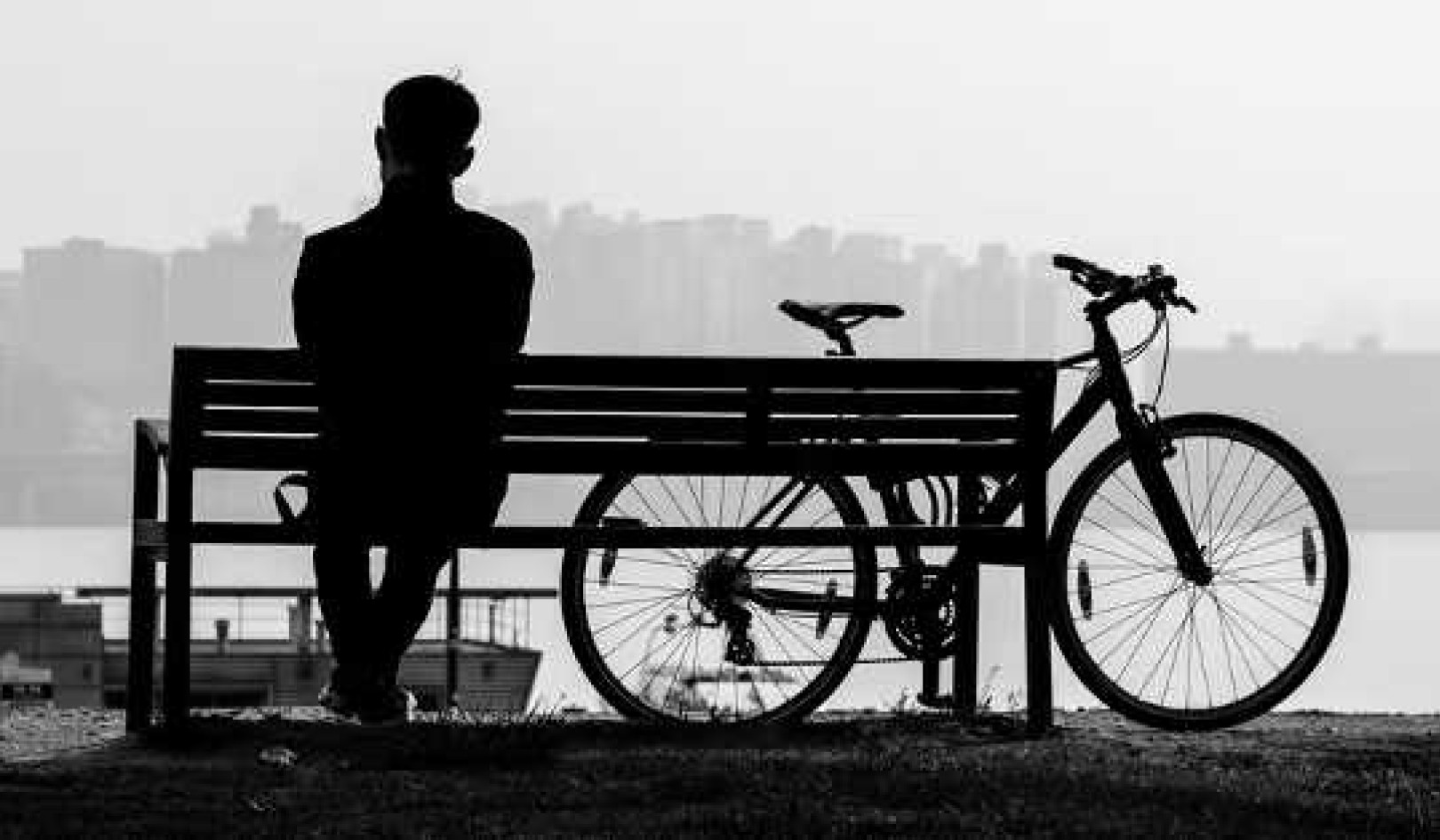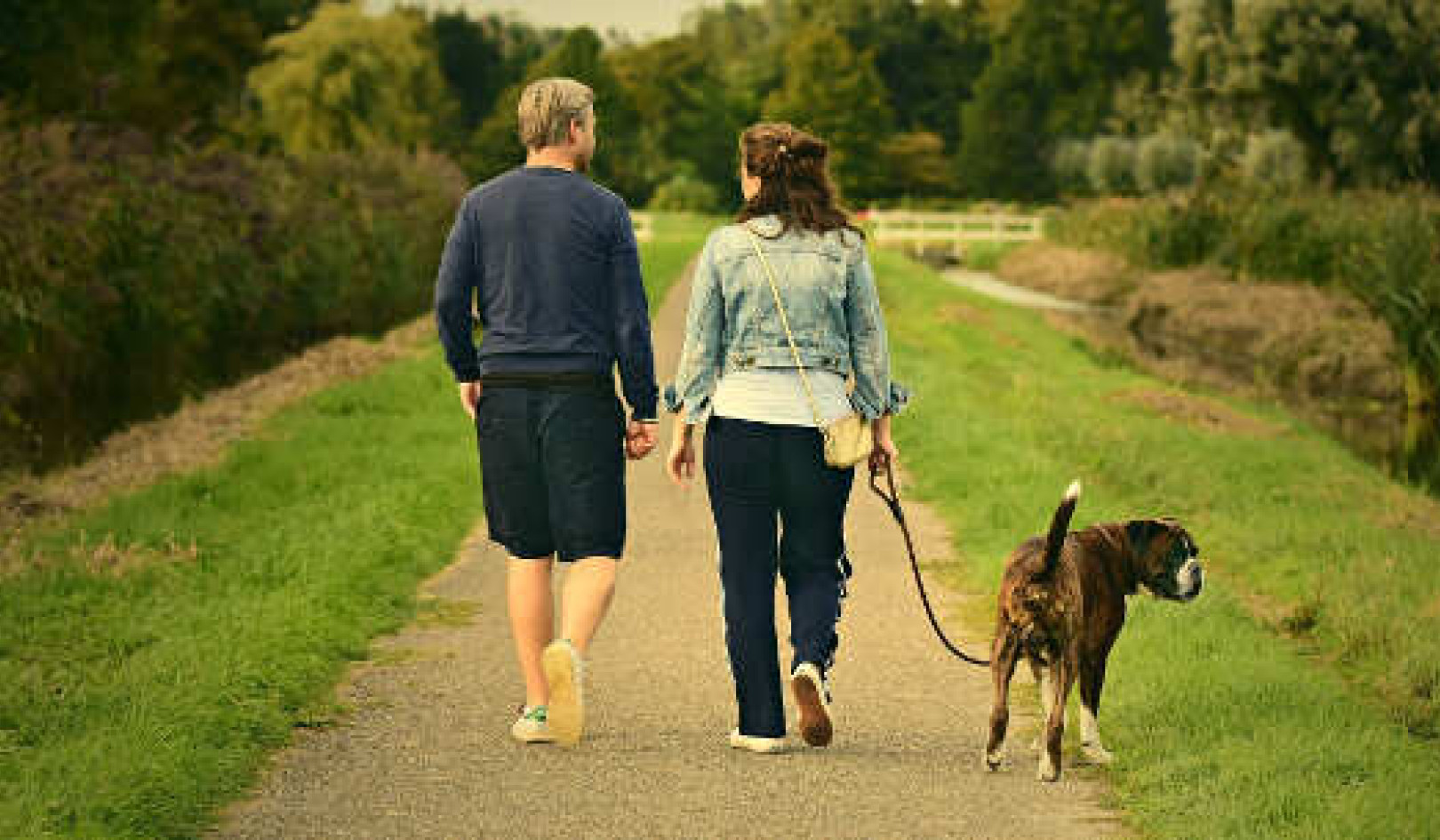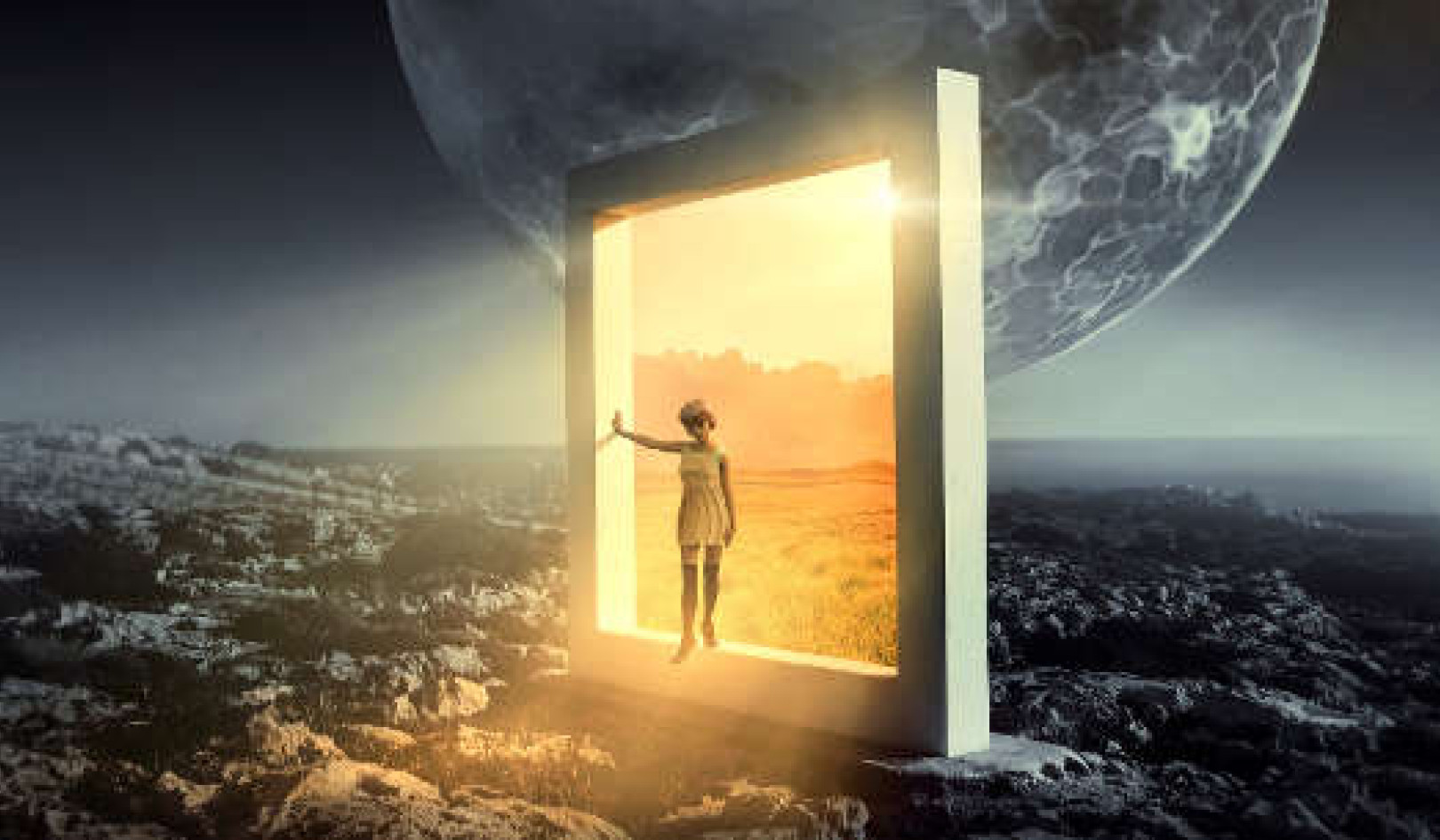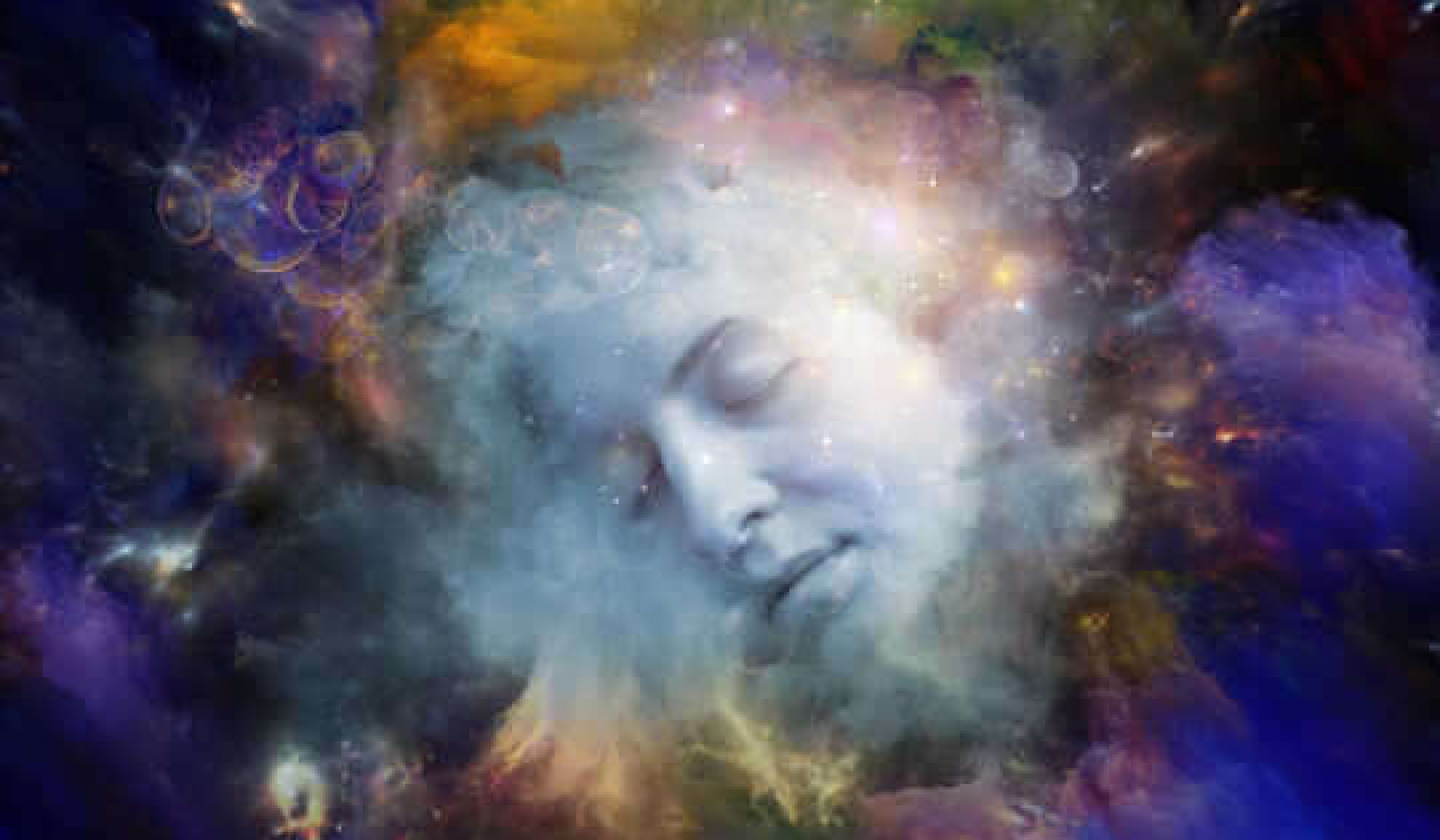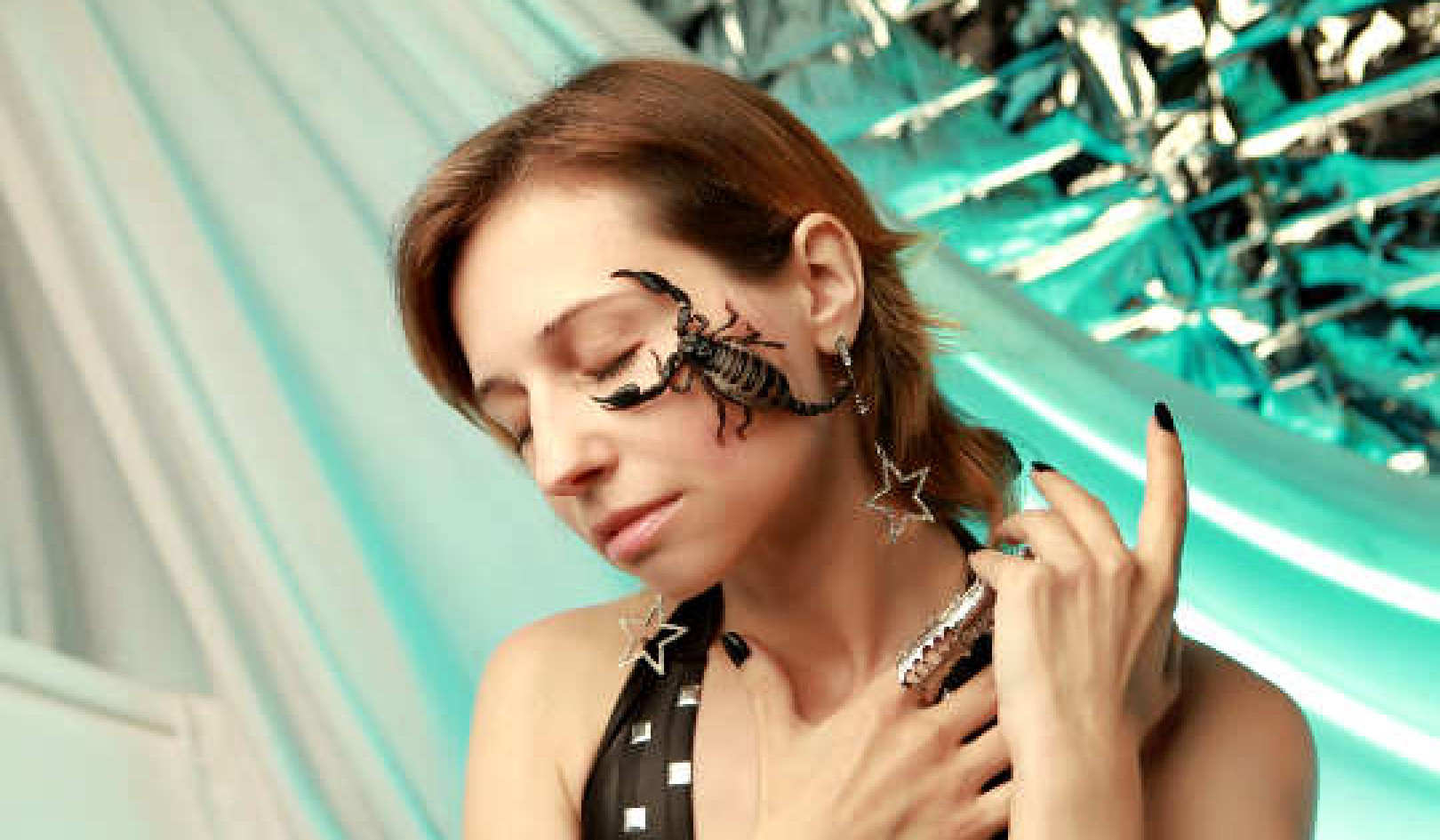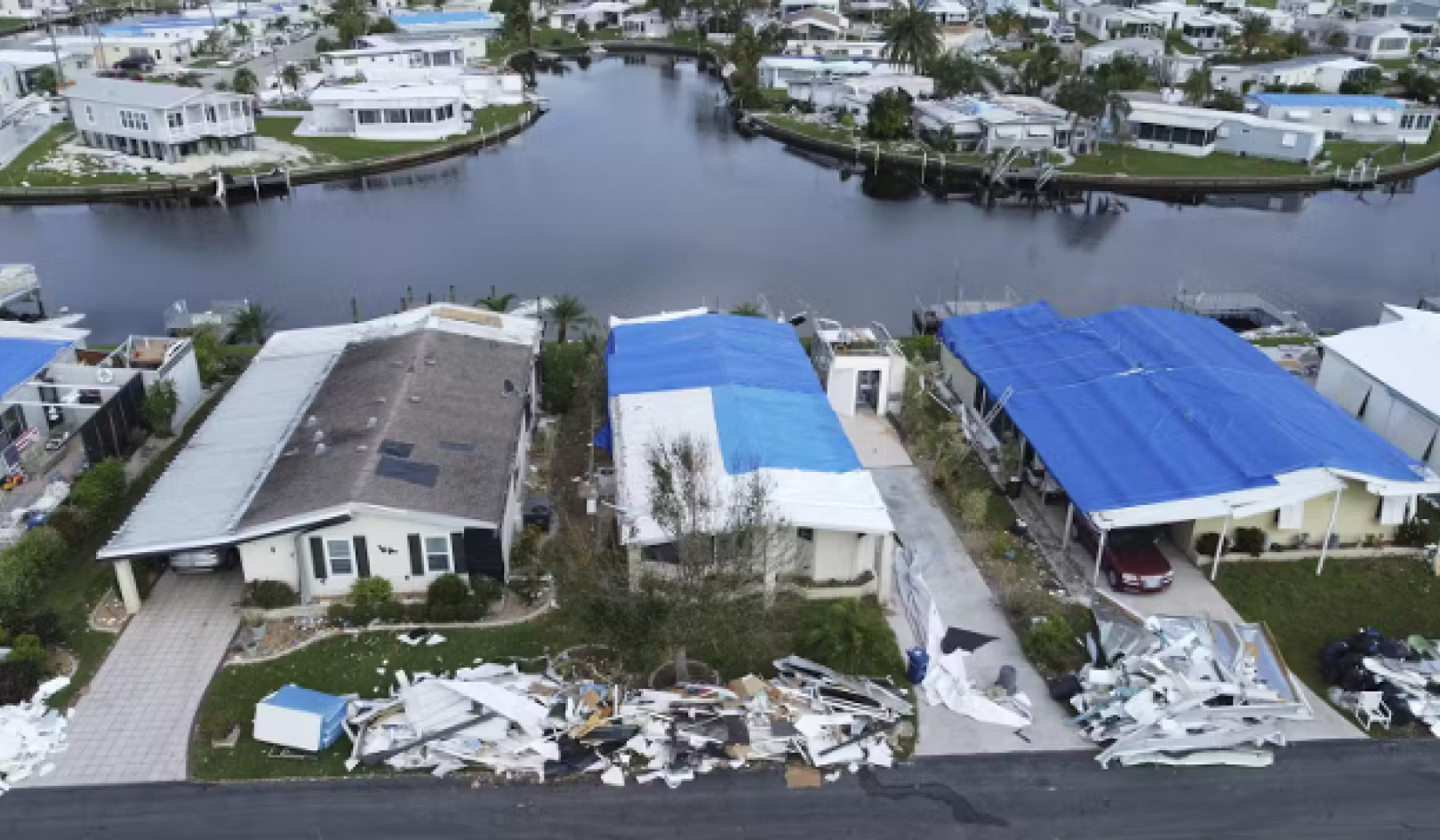
We cannot avoid emotional pain in life, and it’s through our experience of it that we come to understand what it means to be human. The whole of life is a series of beginnings and endings, a succession of mini-deaths, that we have to learn to take in our stride, whether it’s the loss of youth and our looks, or a long-standing relationship that has finished, or retirement after a lifetime of work.
Sometimes, however, real tragedy strikes and our world falls apart. The sudden death of one’s partner or the loss of a child in a terrible accident, a fire destroying our home, an unexpected joblessness; when such events come in a flash, out of the blue, they leave a trail of grief and devastation.
As we move through a range of emotions—rage, despair, and hopelessness—they may seem impossible to deal with. When our hearts are aching we somehow have to find the inner resources to carry on. We have to try to stay with what we’re feeling, rather than attempting to escape the pain by whatever means we can.
The Power to Begin Again?
No matter what we have lost in life, we have the power to begin again. The healing of our wounds and the rebuilding of our lives may take a long time. We need to try and see things differently, shifting our perspective from what we have lost to focusing on what we still have in our lives. There is no place for despair because life is too precious to waste in cutting ourselves off. We need to accept that the world is full of chaos and that life is unpredictable, that we got caught in the eye of the storm, but that there can also be calm afterwards.
We all have the capacity to experience joy once again. When we stop struggling, when we are gentle with ourselves, and take time to look within, we come to know ourselves better. We realize that life does go on and that it is indeed worth living.
Making Something Out of Your Suffering
Many have succeeded in making something out of their suffering. Brooke Ellison became a quadriplegic after being struck by a car. This hasn’t stopped her from obtaining a master’s degree in public policy from Harvard University, completing a PhD, and running for the New York State Senate—with the help and loving support of her mother. She has traveled the US as a motivational speaker, has been involved in research in the stem cell field, and is a faculty member at Stony Brook University.
Victoria Mulligan was a happily married woman with four children, a house in London and a holiday home in Cornwall. Only with hindsight did she come to see how lucky she and her family were. One summer’s day, however, her family’s life changed forever when a tragic boating accident took away her husband, her daughter, as well as her own left, lower leg.
A year later, Victoria learned to walk with a prosthetic leg. She realizes now that through this tragic experience she knows much more about herself. As survivors, she and the three children have accepted that they have to live their lives not only for themselves, but also for her husband and the daughter who are no longer here.
I have all the inner resources I need.
I have the power to begin again.
I know that life is worth living whatever my circumstances.
Transforming Our Perception Of Dying
None of us want to think too much about dying, and yet it’s not a bad idea to be at least a little prepared for death in the midst of life, for we never know when it will come. Death is the one inevitability that none of us is likely to be well prepared for. We no longer sew samplers as women did in the seventeenth and eighteenth centuries to remind them what was to come. We now all expect to die in old age rather than be struck down when we’re young, but death’s schedule is not of our choosing. There’s an old Mexican refrain:
Get used to dying
before death arrives,
for the dead can only live
and the living can only die.
The Mexicans celebrate the Day of the Dead, which developed from ancient traditions among the pre-Columbian cultures; Brazilians visit cemeteries and churches; the Spanish have parades; in France and some other European countries graves of loved ones are visited on All Souls’ Day; in some African cultures ancestors’ graves are visited; and in China and Japan ancestors are venerated.
In our culture we tend to fear death, “the unknown region” of the poet Walt Whitman, and we are not taught about death or how to die. Death tends to take place at a distance, and we avoid the subject and feel uncomfortable discussing it.
Underlying this evasion is fear of change. We think of death as the end, but all the great spiritual traditions of the world have told us it isn’t so. Since everything in nature dies and reemerges in some new form, why should it be any different for us? If we can only shift our perspective, we can find the courage to face death.
Philip Kapleau, the influential Zen Buddhist teacher, has written: “Consider a burning candle: its life is also its death; death and life constantly interact. Just as one cannot experience true joy without having suffered great pain, so life is impossible without death, for they are a single process. Death is life in another form.”
Dealing with the Death of Those We Love
We have to find the courage too to deal with the death of those we love. None of us wants a miserable and lingering death for our loved ones. We are all now tending to live longer, but perhaps, as the New York Times blogger and author Jane Gross put it, “We live too long and die too slowly.” Most people now die in hospitals rather than at home, although palliative care in hospices is increasing, allowing the dying to accept death whilst at the same time being helped with pain relief and anxiety.
I watched my eighty-four-year-old mother struggling with death, after several years of poor health. Although at first she experienced anger, bitterness, and wanting things to be as they had been before, gradually she accepted what was happening.
At the time of her passing, she knew she was loved and that she would be at peace at last. It was a time rich with meaning for both of us. I appreciated her for what she had given me over the course of her life, and she lives on, not just in my memory, but in the very person I have become because of her. Her courage to live and raise two girls after the tragically early death of my father remains an inspiration to me.
I am not afraid of change.
I accept that death is part of life.
I am willing to believe that death is not the end.
Daring To Embark On The Spiritual Journey
For the most part, we live our lives unconsciously, seeing only what we’re conditioned to see. We’re caught up in the hurly-burly of a world that is governed by Newtonian and Darwinian cause and effect assumptions, resulting in a culture of competitive individualism.
The winner-takes-all approach to life actually goes against the grain. Deep down we know something isn’t right about the way we all live, for our fundamental need is one of connection and wholeness, not separation.
Every so often we get a wake-up call in the form of some event that leaves us devastated and wondering what life is all about. Like Dante’s hero in The Divine Comedy, we suddenly find ourselves lost:
In the middle of the journey of our life
I found myself in a dark wood
For the straight path had been lost.
Dante’s hero undertakes a difficult and harrowing journey as a result, but eventually comes back to his life’s path. This “road less traveled” is a journey we all ultimately take, whether we realize it or not. The journey is called by many names—the Way, the Spiritual Path, the Quest—but essentially it’s a journey of awakening, and it is a spiritual journey.
The exploration often takes place outside of religious institutions, yet all the world’s great religious traditions offer teaching and guidance for this journey of growth. Practices like prayer, meditation, chanting, and ritual all help us to become more self-aware.
As we come to know who we truly are and live our lives with that sense of connection to the whole, we grow wiser, stronger, and more resilient. If we are courageous enough to embark on the spiritual journey, joy becomes ever more available to us.
I have the courage to embark on the spiritual journey.
I am becoming wiser, stronger, and more resilient.
©2016 by Eileen Campbell. All rights reserved.
Reprinted with permission of Conari Press,
an imprint of Red Wheel/Weiser, LLC.
www.redwheelweiser.com
Article Source
 The Woman's Book of Joy: Listen to your Heart, Live with Gratitude, and Find Your Bliss
The Woman's Book of Joy: Listen to your Heart, Live with Gratitude, and Find Your Bliss
by Eileen Campbell.
Click here for more info and/or to order this book.
About the Author
 Eileen Campbell is a writer of inspirational books, including a successful series of anthologies described by the media as "treasures of timeless wisdom," which sold collectively around 250,000 copies. She has studied with a variety of teachers from different traditions and brings a wealth of knowledge and life experience to her books. She is known for her pioneering and visionary career as a self-help and spirituality publishers, and has also written and presented for BBC Radio 2 and 4. She currently devotes her energies to yoga, writing, and gardening. Visit her at www.eileencampbellbooks.com.
Eileen Campbell is a writer of inspirational books, including a successful series of anthologies described by the media as "treasures of timeless wisdom," which sold collectively around 250,000 copies. She has studied with a variety of teachers from different traditions and brings a wealth of knowledge and life experience to her books. She is known for her pioneering and visionary career as a self-help and spirituality publishers, and has also written and presented for BBC Radio 2 and 4. She currently devotes her energies to yoga, writing, and gardening. Visit her at www.eileencampbellbooks.com.


























